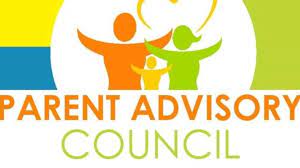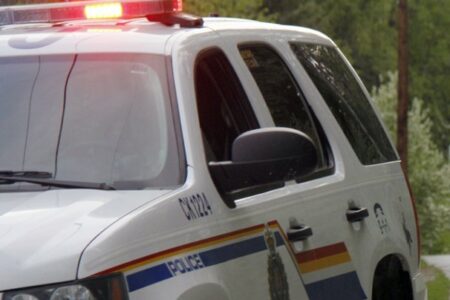It’s time to be “Bear Aware” again
Bears are leaving their dens in search of the nearest food source and B.C. residents are urged to be “Bear Aware” to help reduce bear-human conflicts.
Last year, the Ministry of Environment’s Conservation Officer Service received 23,240 reports of bear sightings (between April 1, 2010 and March 31, 2011).
During that time, conservation officers attended 2,827 incidents in which bears were acting aggressively or public safety was an issue. As a result, 120 bears were relocated, while 675 bears had to be destroyed.
Though there has been a downward trend over the last 15 years in the number of problem bears killed, last year’s number was higher because of poor availability of natural foods, which meant bears were searching out other, non-natural food sources.
The most effective and natural way to prevent conflicts with bears in urban areas is to put away food attractants such as garbage, bird seed, compost and fruit. In communities where attractants are managed properly, there has been a decline in related bear-human conflict and the number of bears that have to be destroyed.
If residents spot a bear, they are advised to remain calm, keep away from the bear and bring children and pets indoors, if possible.
People should never approach a bear and should not run from it, as bears can move very quickly.
Once a bear has left the area, residents should check their yards to ensure there are no attractants available.
British Columbians are encouraged to prevent bear-human conflicts by adopting the following practices:
- Keep garbage secured in the house, garage or shed until pick-up day and return the containers to the secure site once they are emptied.
- Pick ripe and fallen fruit daily and remove any unused fruit trees.
- Use bird feeders only in winter.
- Keep the ground free of seeds and nuts.
- Clean the barbecue grill after each use, and store it in a secure area.
- Bring pet food dishes inside and store the pet food inside.
- Do not add meat products or uncooked food to compost. Turn it regularly and keep it covered.
- Work with your neighbours and municipal government to create a Bear Smart Community.
Learn more
- The public is encouraged to report human-wildlife conflicts that threaten public safety or result in significant property damage by calling the Report All Poachers and Polluters (RAPP) line toll-free at 1 877 952-7277 (RAPP) or visit the RAPP website at: www.rapp.bc.ca
- More information about how to be Bear Aware can be found at: www.bearaware.bc.ca
- For more information on bears, human-bear conflicts and the criteria necessary to reach “Bear Smart” status, visit: www.env.gov.bc.ca/wld/bearsmart/bearsmintro.html
























